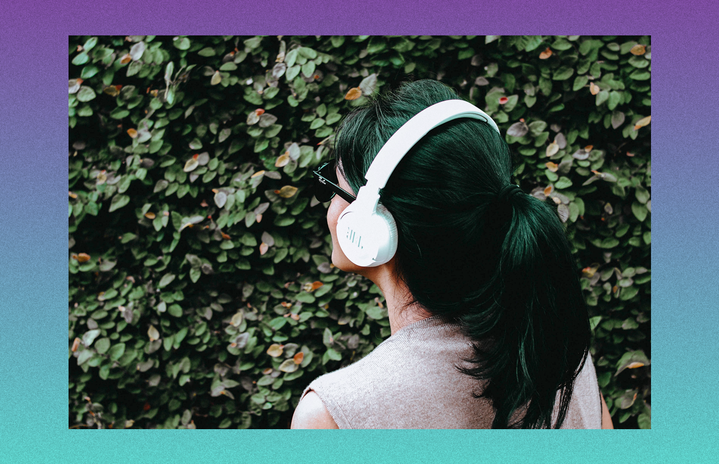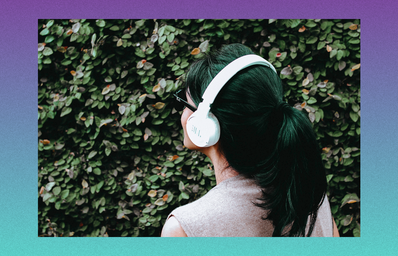I am an avid social media user, with TikTok as one of my favorite apps. I keep to date with the latest trends, fashion, music, drama, and all things pop culture. I have fond memories of creating low quality youtube videos, thinking I would become the next Rclbeauty101, and filming random imovie skits with friends in 2014; a phase I believe many people in gen-z have gone through. According to medical professionals, the average person is meant to spend less than 2 hours on devices, which I know sounds nearly impossible given the technological era that we live in. I want you to take a second, and look at your average screen time in comparison to the recommended hours.
Out of boredom and curiosity during quarantine, due to the Covid-19 pandemic, I watched The Social Dilemma, a documentary on Netflix that highlights the rapid growth of technology and the detrimental effects that too much social media has on society, especially the younger generation. The documentary digs deeper into how social media is created to be addictive, the problem it produces on our mental and physical well-being, and the risk it has on future generations. A study was done at Harvard that touches on how these social networking sites activate the same neural activity as drugs and slot machines, increasing the influx of dopamine; a neurotransmitter our body makes that is responsible for pleasure and satisfaction. Don’t get me wrong, social media has many positive attributes, helping us connect with loved ones and communicating with others who share similar niches and interests. However, the technology that connects us also controls us.
What does it mean to be famous? What are the requirements to be considered famous? The traditional idea of fame has been limited to a-list artists, musicians, politicians and more, but with the rise of social media, this is no longer the case, and the value of “fame” has decreased over the years. The barrier of entry to become “famous” has gotten easier to cross, causing the over-saturation of surface level influencers. With TikTok on the rise, it has built a multitude of opportunities for users to showcase their humor, fashion, and lifestyles. You may be thinking, well, why is that a bad thing? It sounds amazing in a perfect world, but it’s scary once you actually realize how allowing such effortless fame can be dangerous towards those consuming the media. With misconstrued beliefs, superficial and curated lifestyles, and overall bad characters, social media has made it more susceptible for weak minded individuals to be given power, and it is so much more difficult for young children to understand the differences between what is real and what isn’t.
Many users have lost their sense of self and it has become hard for us to communicate and socialize in real life. I’ve always struggled with who I was as a person. I always felt as if I had to keep up with what others were doing and purchase items I saw everyone had on social media, knowing I couldn’t afford it. It wasn’t until my senior year of high school and my freshman year of college that I finally had more of an idea of who I was. I found my passions with acting and theatre, explored hobbies, connected more with friends and family; resulting in less time spent on my phone. Because I had kept myself preoccupied in my own reality, I started to realize how much of my time was wasted scrolling endlessly on social media, comparing myself to fake ideas of reality instead of perfecting my crafts and achieving my goals that would benefit me on a professional and personal level. People are losing themselves to the void of the internet and have become a collection of products that create a concept of how they want the internet to perceive them. We are now products rather than people.
I can go on a 24-hour rant about the dark side of social media and point out even more issues with what we are consuming, but this isn’t to harass, guilt trip, or force anyone to stop engaging with social media altogether, especially coming from someone who finds enjoyment within these platforms and attempts to build my own. But the ultimate goal is purely to open your minds to sit and reflect on your usage with social media, along with finding that balance of social media and reality. The scariest part is that we won’t notice the effects social media has on our minds until it’s too late.


